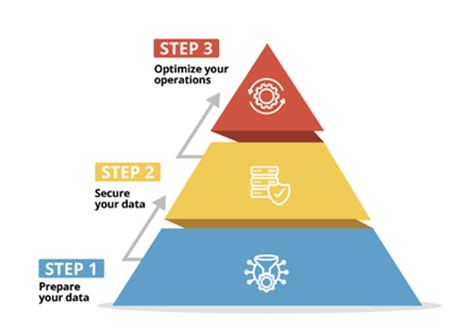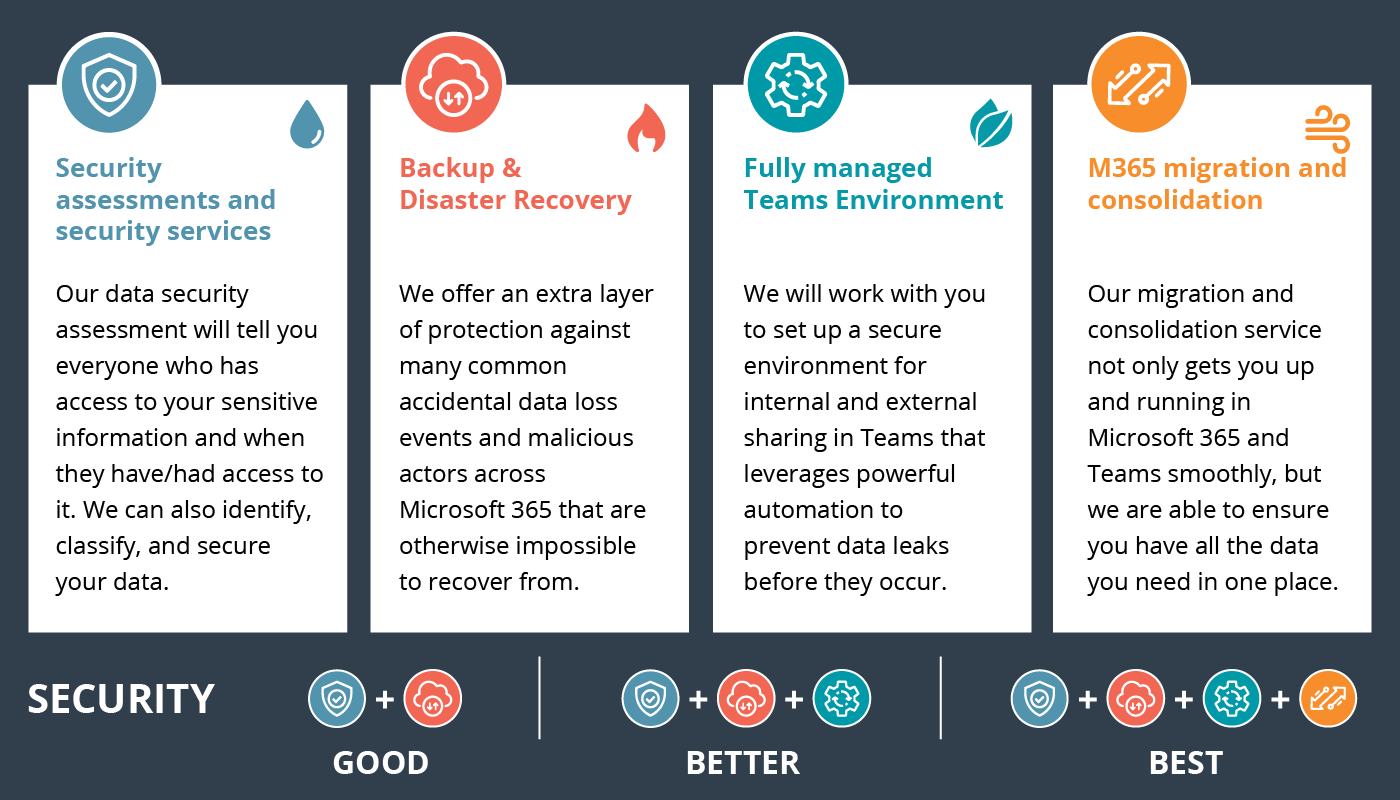Solution providers and their clients are increasingly turning to flash storage in order to improve the performance of their storage infrastructure. Therefore, the traditional hard disk approach is clearly being outpaced by a flash-based strategy with two flash options to choose from: a hybrid system that combines spinning disk technology with flash, and the all-flash option. Many are arguing about which one is superior, yet the best way to know is to determine which one best fits your business. Here we'll look at the advantages that an all-flash array can offer and why many businesses are embracing this new storage solution.
Difference Between Hybrid and All-Flash Storage
All-flash arrays are storage arrays that exclusively use flash-memory or SSD's for primary storage. On the other hand, hybrid arrays are a mix of flash storage and spinning disk. Hybrid arrays are not the same as more traditional disk-based arrays with flash-based cache. In hybrid arraYs, the total capacity is considered primary storage, whereas on disk arrays with flash-based cache the flash is used for temporary fast reads or writes with the actual storage of the data done on the hard drives.
Which Option to Choose?
Speed and performance are the two words that consistently come up in any discussion of all-flash storage. The near-immediate access to information that flash can provide is a huge step beyond what hard disk-based storage can offer. What distinguishes flash from disk-based arrays is that it doesn't rely on any moving parts the way a spinning disk system does. Without any internal machinery such as motors or a disk arm, there's a reduced chance that something will malfunction. Since it doesn't rely on mechanical internal parts, solid state drives (SSDs) allow nearly instantaneous access of data, a far greater efficiency over disk-based technology. Also, if your business doesn't require that massive amounts of data be permanently stored, yet does need to maintain a constant data throughput, then an all-flash system would be the best choice.
Cost-effectiveness
Whenever someone makes a business choice, it's with the intention of gaining the maximum benefit while incurring the minimum cost. In the past, when it came to storage strategies, cost was an issue with an all-flash approach, but now that logical flash storage prices are on par with hard disk costs, an all-flash approach is a viable option.
Related to expenses, disk drive storage requires a lot more power than a flash array and, due to the nature of its machinery, generates a lot more heat. Furthermore, racks of hard drives take up a lot more physical space, requiring a room or two where storage racks can be located. They also require frequent maintenance and have a lifespan of three to five years at the most, whereas flash can serve your company for a much longer period and without the physical requirements. Thus, an all-flash approach will reduce your energy expenses and make life a great deal easier for your IT department.
The Future of Storage
Although rotational disk drives will continue to have their place in IT operations for certain functions, the advantages that flash and SSD are offering are strong enough that an all-disk storage system is quickly becoming outdated and inefficient. Many well-known companies are rolling out all-flash storage arrays; this is a trend that will likely continue. As the advantages become better known, businesses will identify their needs as being in line with what an all-flash approach can provide: greater speed, greater performance and greater durability. All these add up to greater opportunities for your company's profitability.




